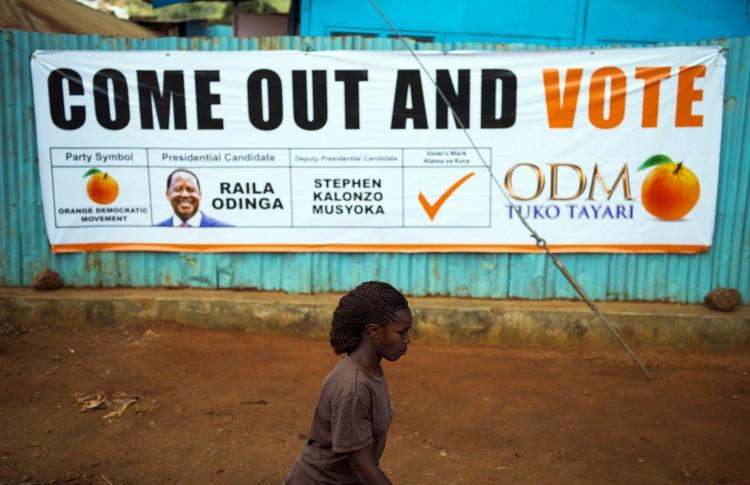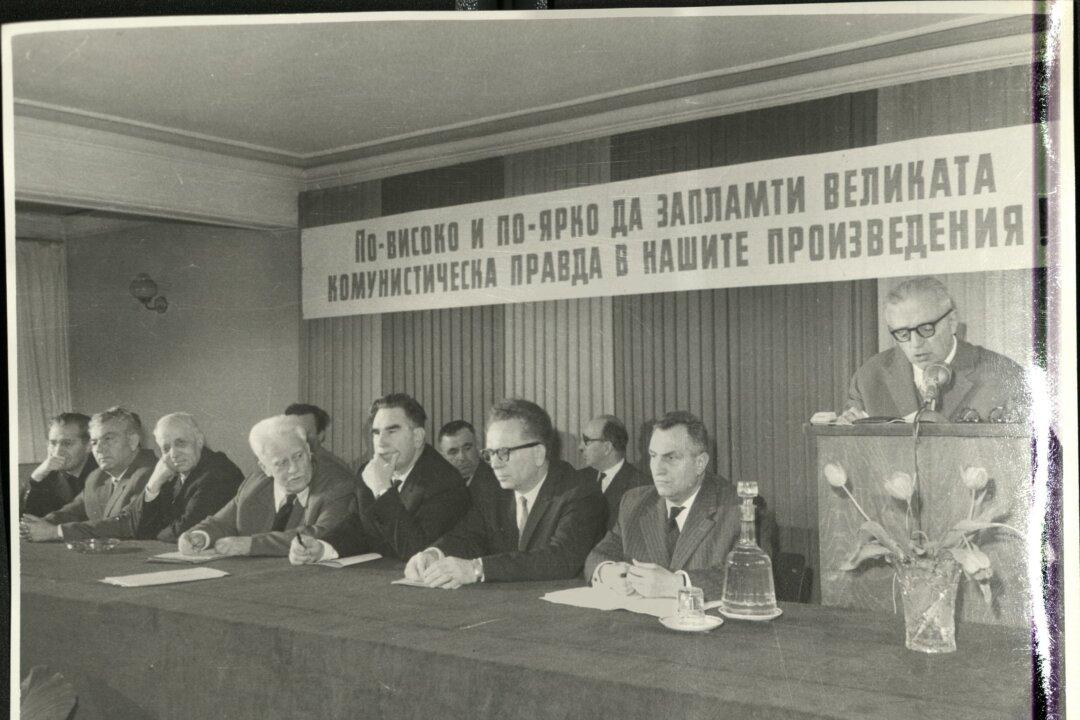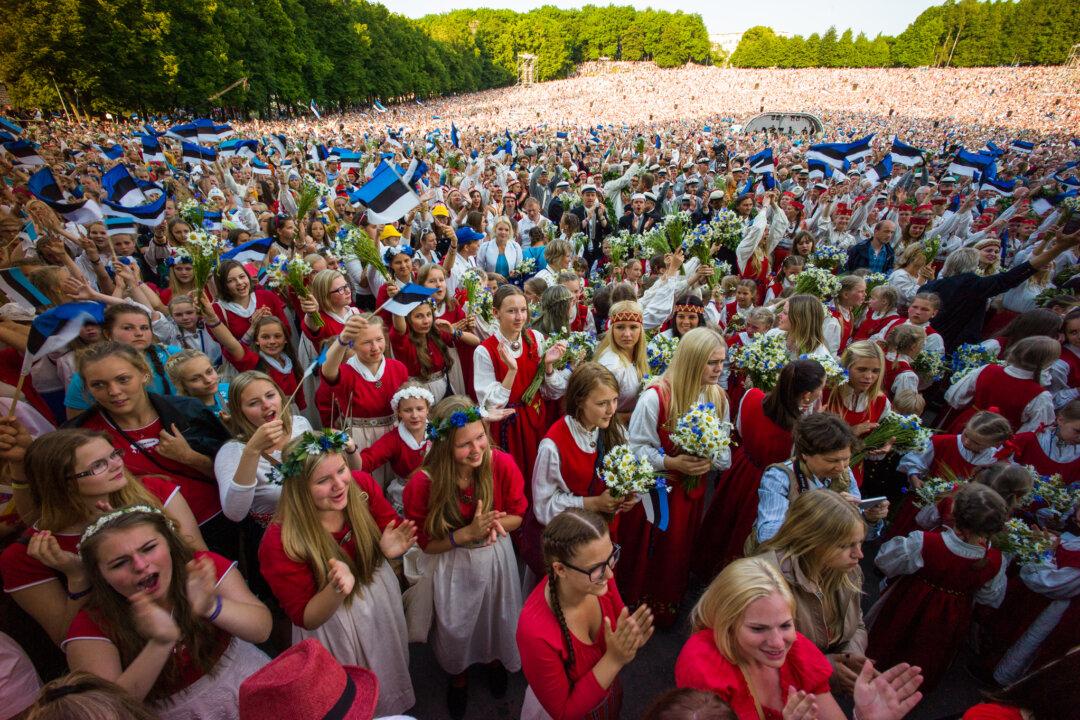Kenya’s 2013 election race has a unique feature: a presidential candidate and his running mate charged by the International Criminal Court for crimes against humanity. What’s more, they are very likely to win, according to the latest opinion polls.
Given Kenya’s turbulent past, if this election proceeds peacefully, it could become an exemplar of post-conflict transformation in Africa. As other African leaders face charges for crimes against humanity, this case could also serve as a precedent.
“It is a real case study of a conflict transformation,” said Vincent Tohbi, head of the Electoral Institute for Sustainable Democracy in Africa (EISA) Technical Mission to Kenya. “If Kenya succeeds in getting through this process, it will mean a lot of hope for all the countries in Africa that are going through such crises.”
Kenya will vote in historical general elections on Monday, March 4. These will be the first elections since 2007, when post-electoral violence caused 1,133 deaths and about 600,000 people to be displaced.
Monday’s elections will test the new constitution enacted in 2010, which shifted the power from the state to county level; it will also test the integrity of the Independent Electoral and Boundaries Commission and the new Media Council of Kenya.
The constitution stipulates that the winner must earn at least 25 percent of the votes in 24 of the 47 counties to qualify for the highest political office.
Among the eight presidential candidates, only two are likely to win this volume of votes: leading the polls are Uhuru Kenyatta of the Jubilee Coalition, finance minister and son of the first Kenyan president, and Raila Odinga of the Coalition for Reform and Democracy (CORD), current prime minister and son of the first vice president of the country.
A poll by Ipsos Synovate rated Kenyatta’s popularity at 44.8 percent, only slightly higher than that of his rival Odinga’s 44.4 percent.
Kenyatta is one of the four Kenyan officials charged with inciting the violence that erupted in 2007, along with William Ruto, another candidate for president.
But the court of Kenya decided it is out of its competence to decide if the two men are fit to run for president.







